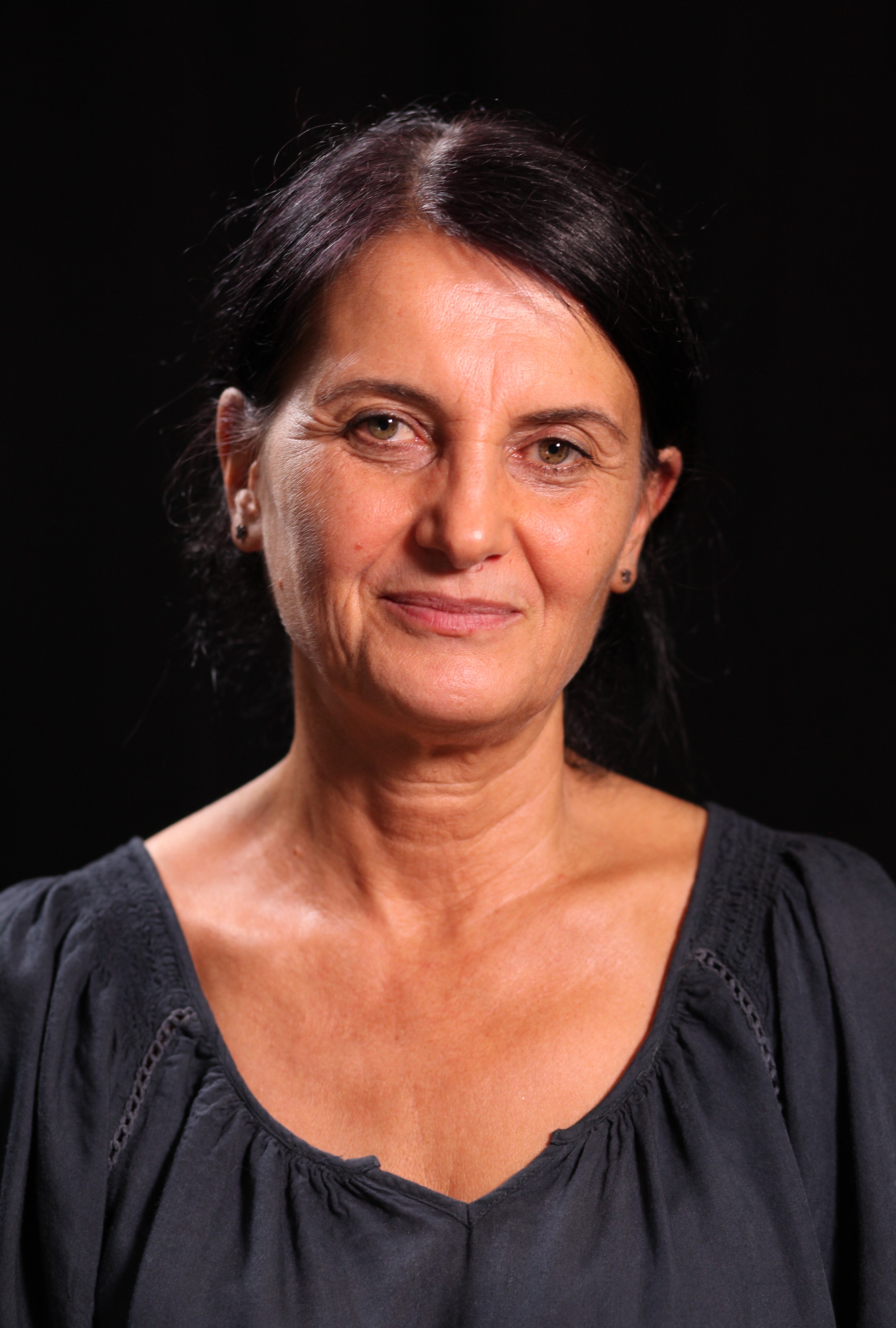The community incited people to trust in God; that alone made the Bolsheviks hate it

Download image
Jana Richterová was born in a small village in the east of Bohemia on 16 February 1965. The family values were strongly informed by faith. During childhood, Jana was ashamed of her faith because she did not meet many young people in church. Later on, while a student of the Brno University of Technology (“BUT”), she took interest in the Community of St Gorazd and Companions in which many of her peers were involved. The Community focused on singing, the Cyril-Methodius roots of Christianity, and the depth of the eastern rite and spirituality. It tried to awaken faith in people and promoted values that the communist regime hated. With respect to its activities before 1989, the Community is also referred to as Christian dissent. Its members travelled a lot with their spiritual performance, including outside former Czechoslovak borders. Their reach and success grew in time. Later on, Jana became the second wife of the Community’s leader Miroslav Richter in 1994. To him, being a Christian equalled being a Moravian. Following the Velvet Revolution, he tried to pursue his visions in politics, but without success. According to the information available, the characteristics and activities of the Community of St Gorazd and Companions have not been mapped systematically to this day. According to some witness accounts, the leader was a visionary but often used a severely authoritative leadership style in promoting his thoughts.

